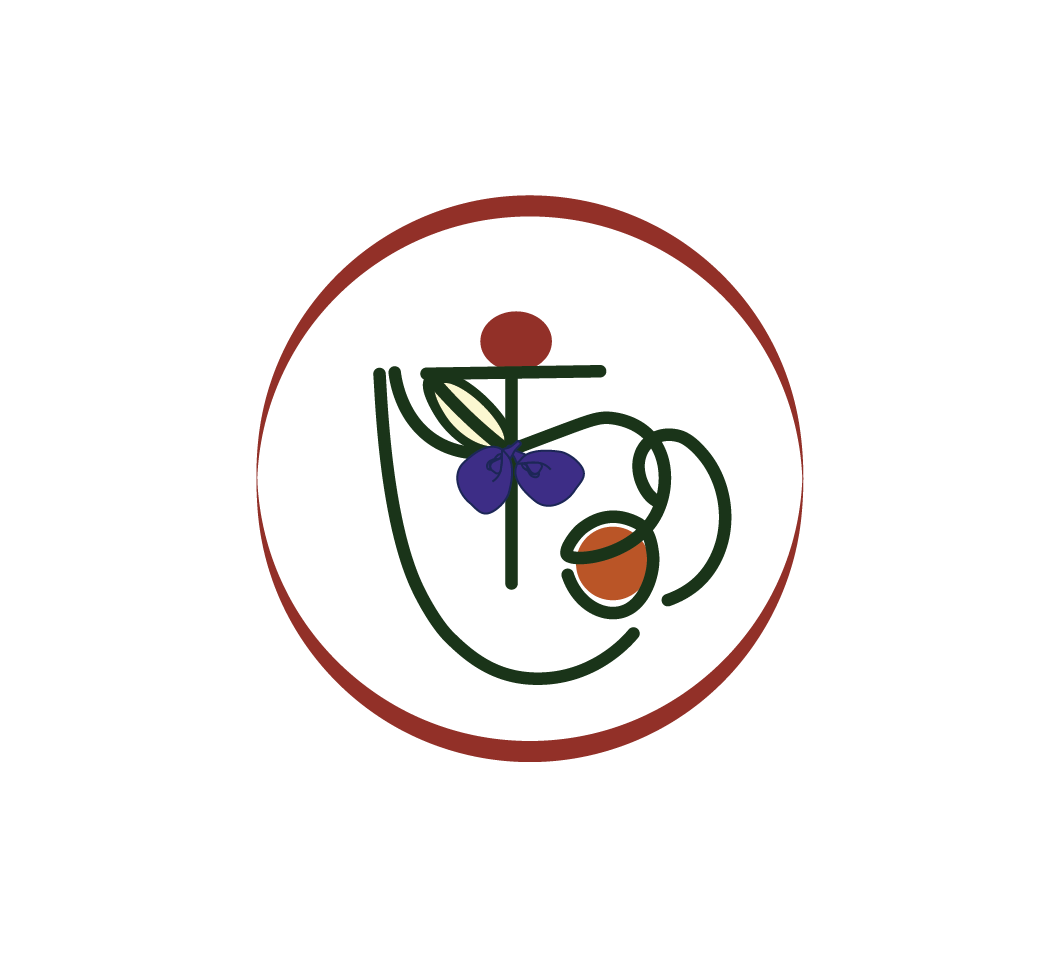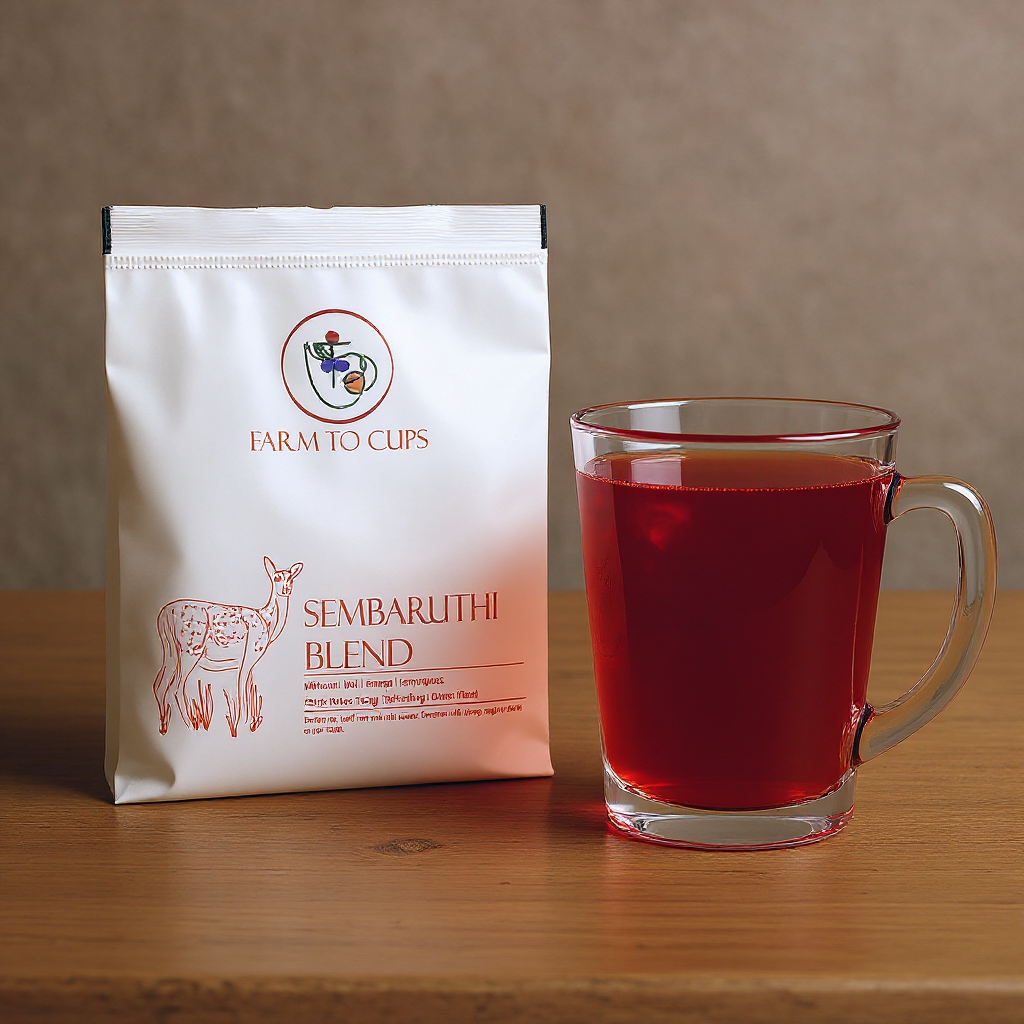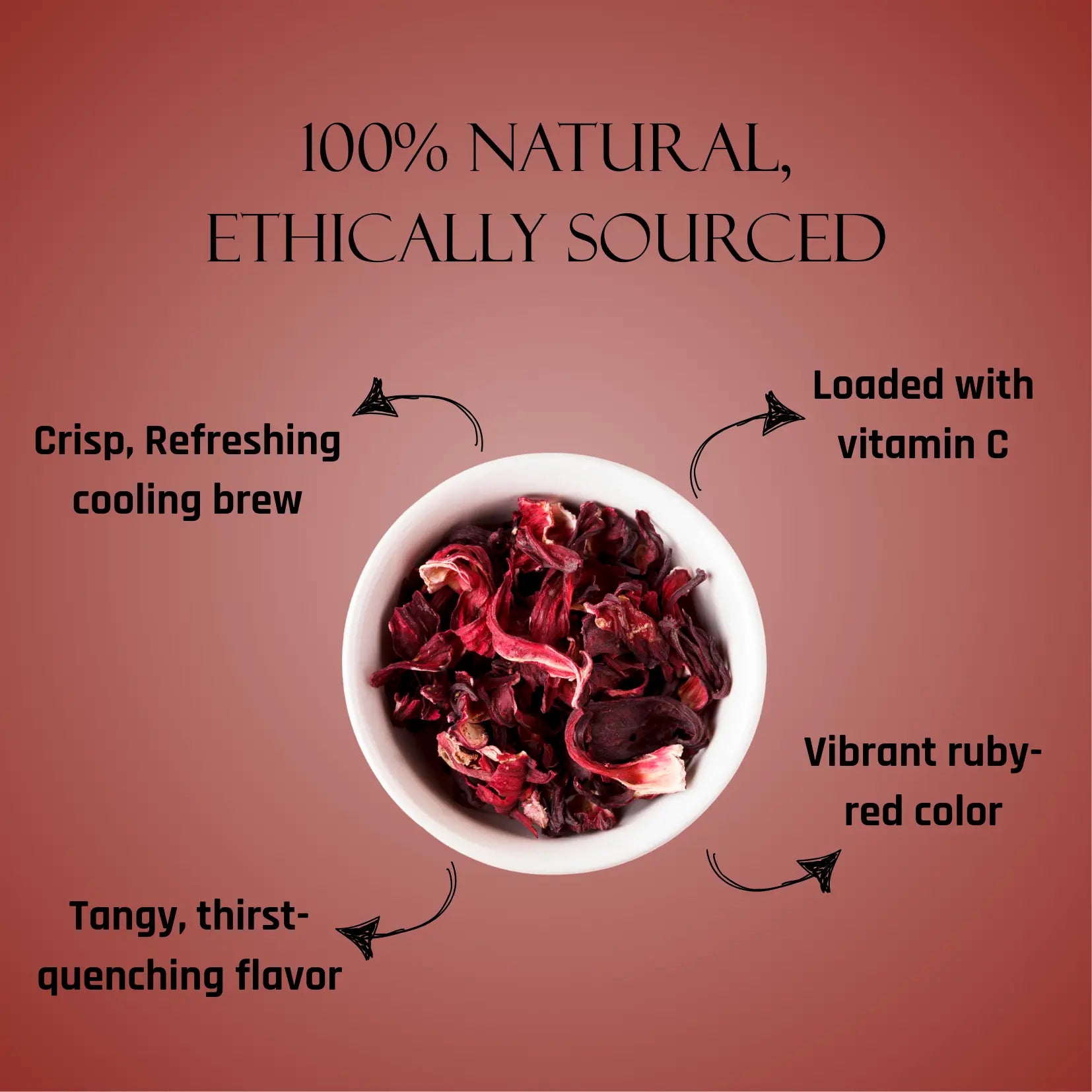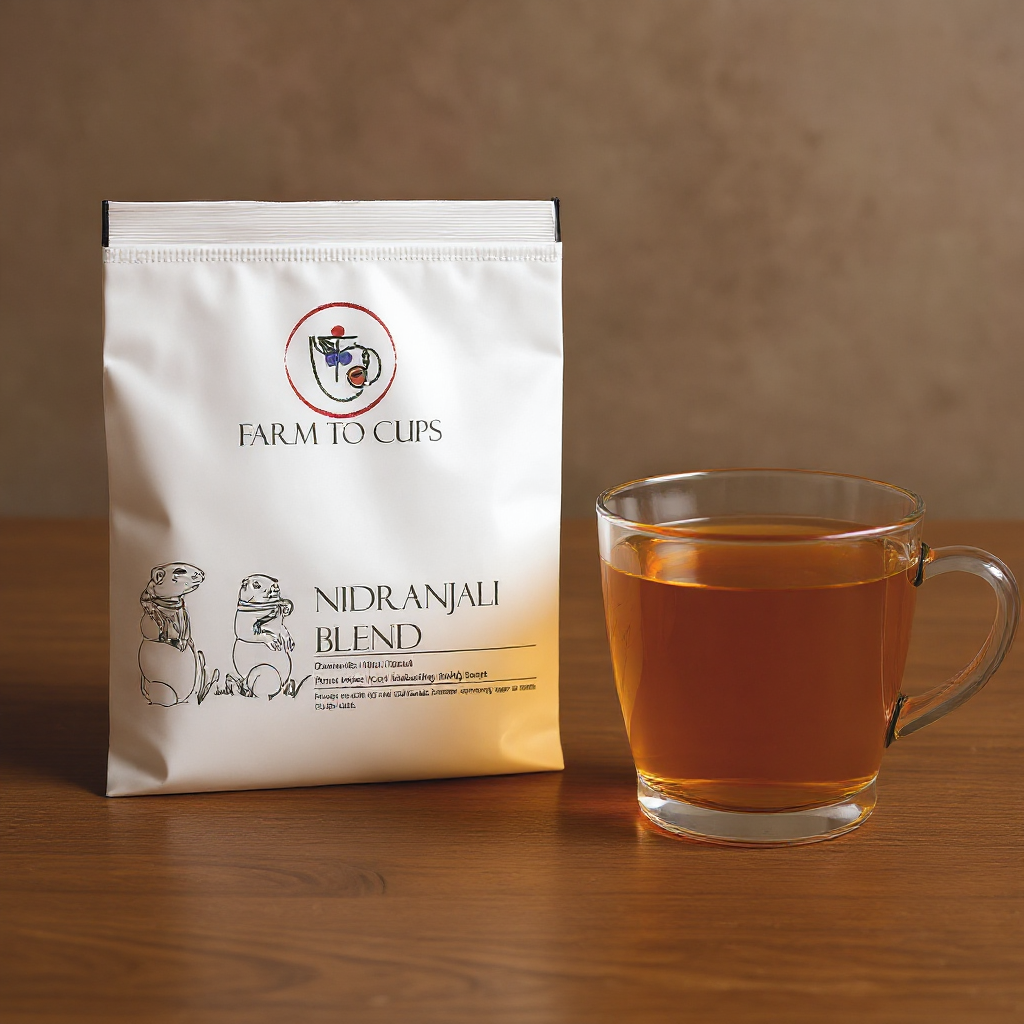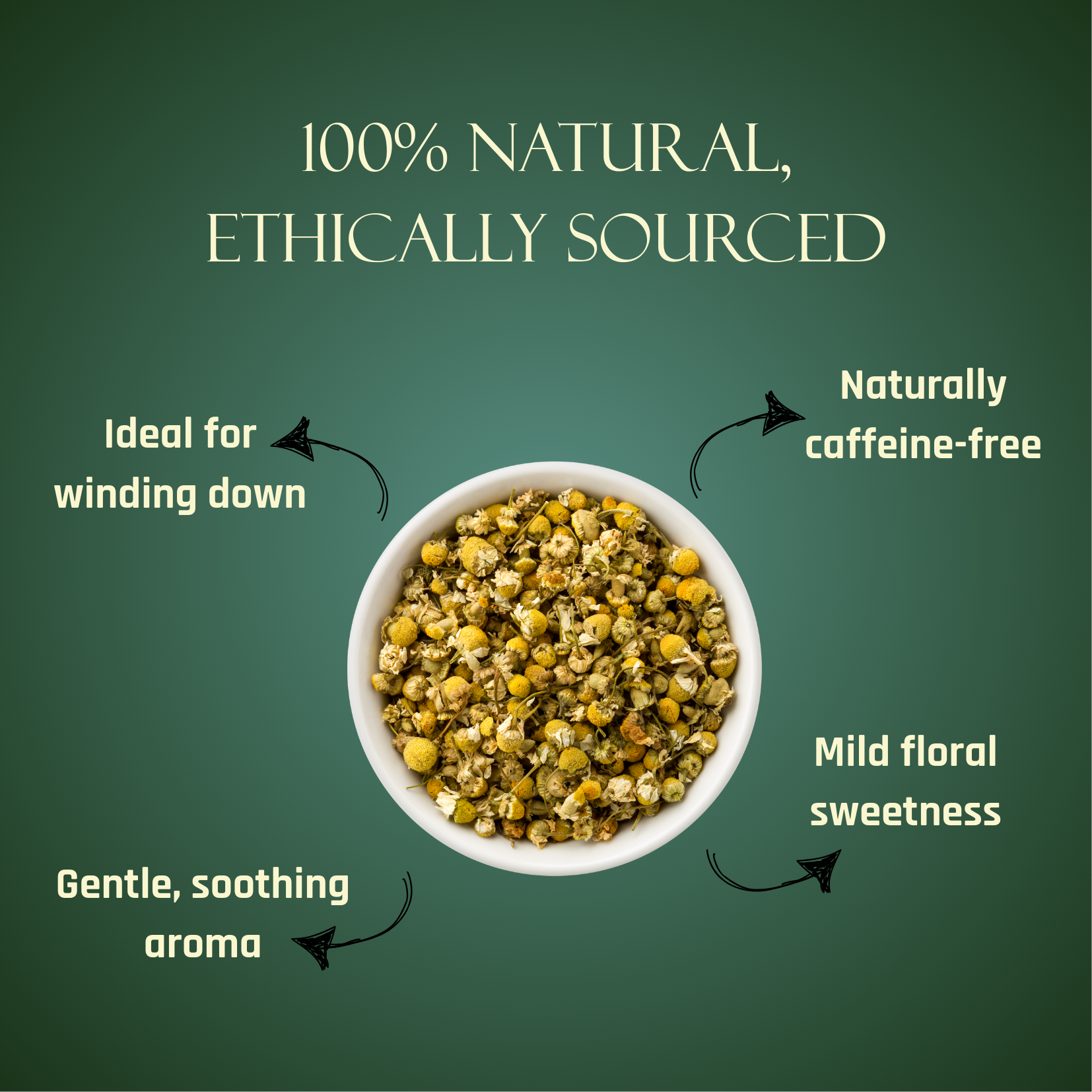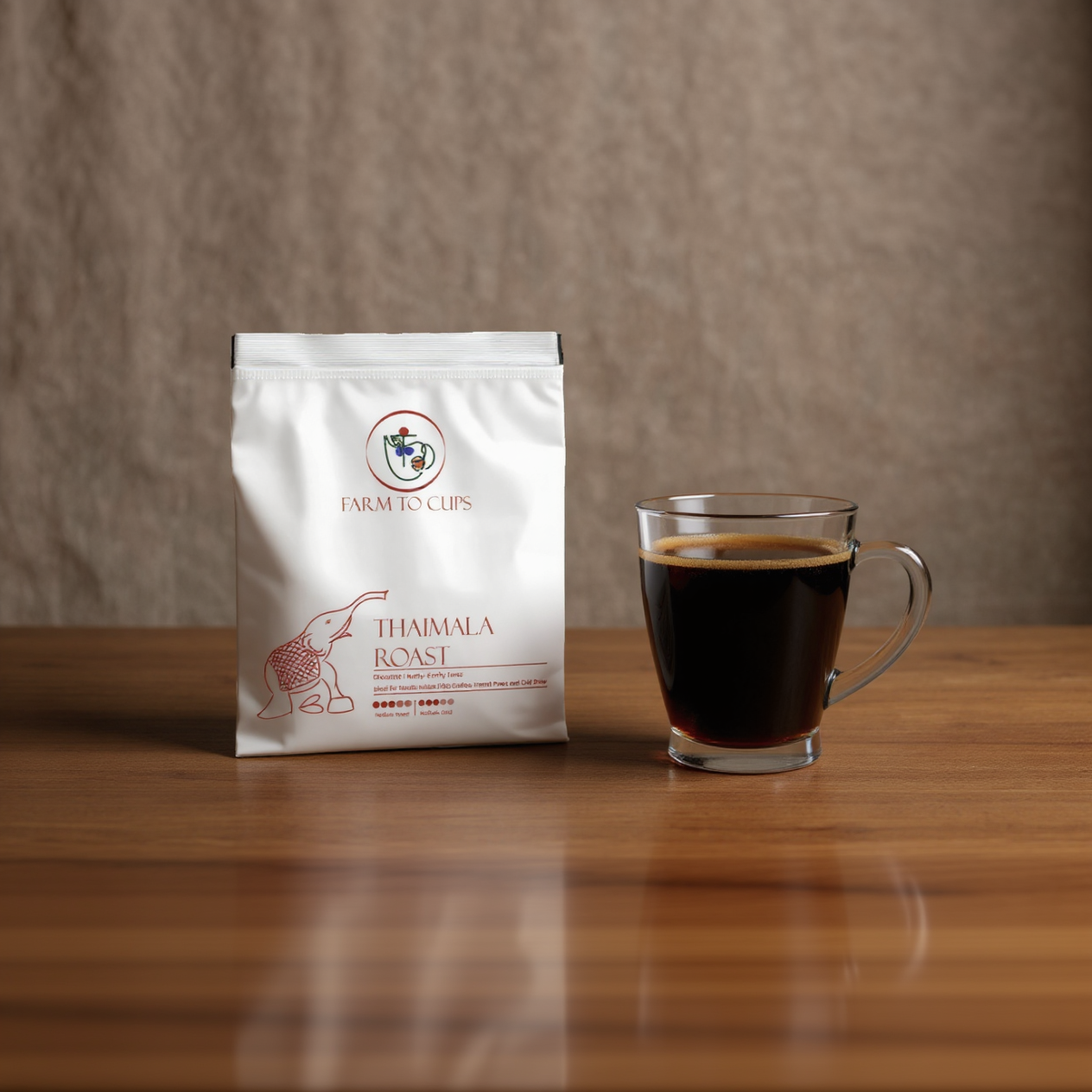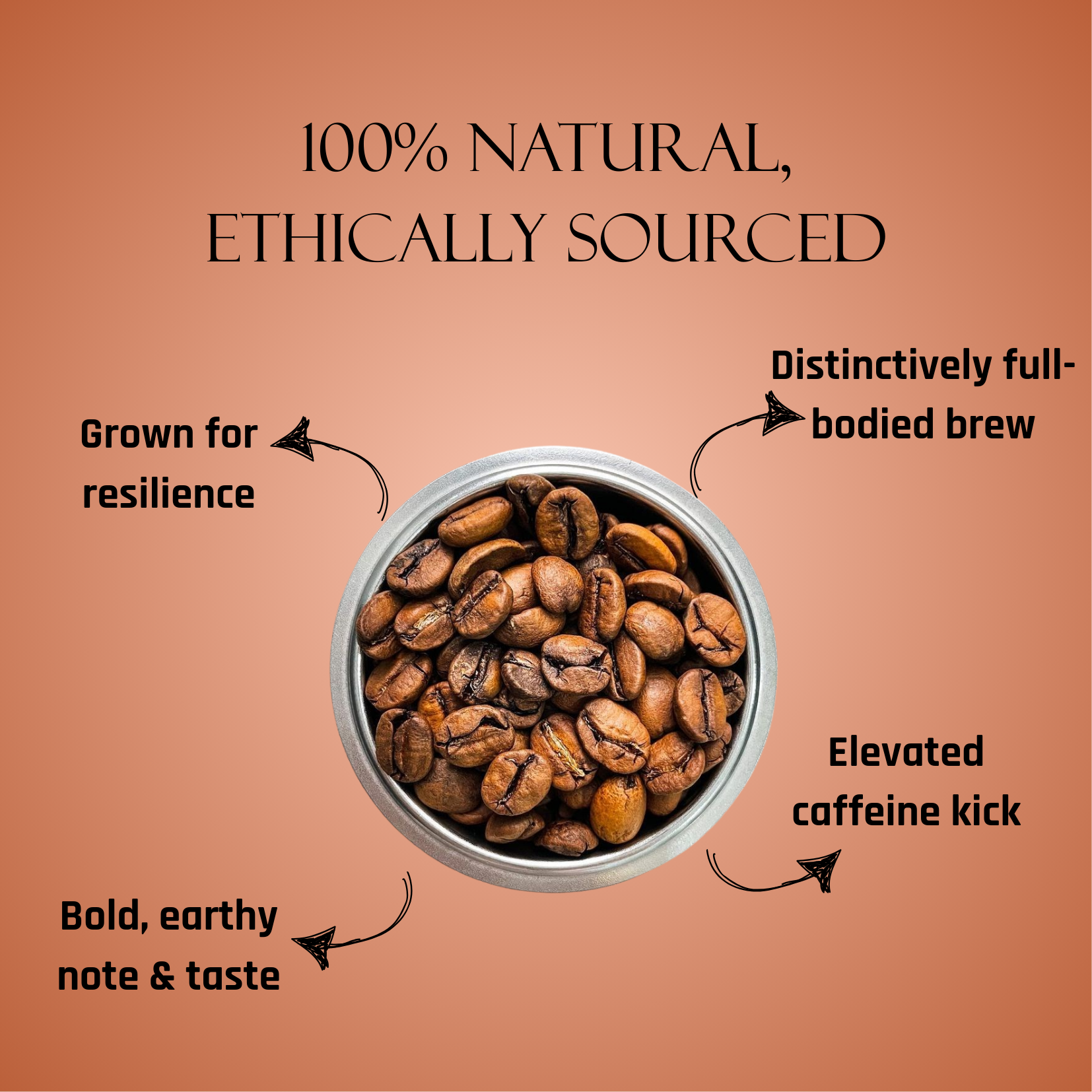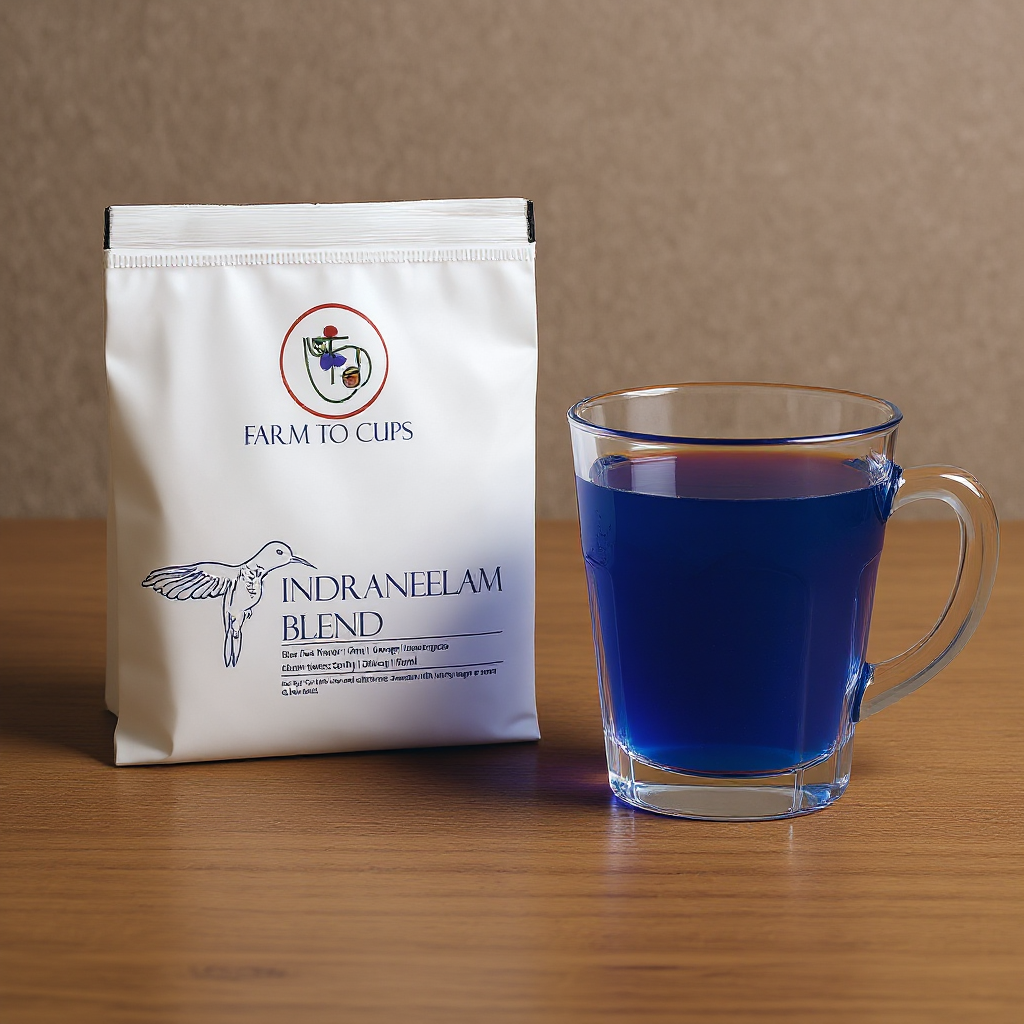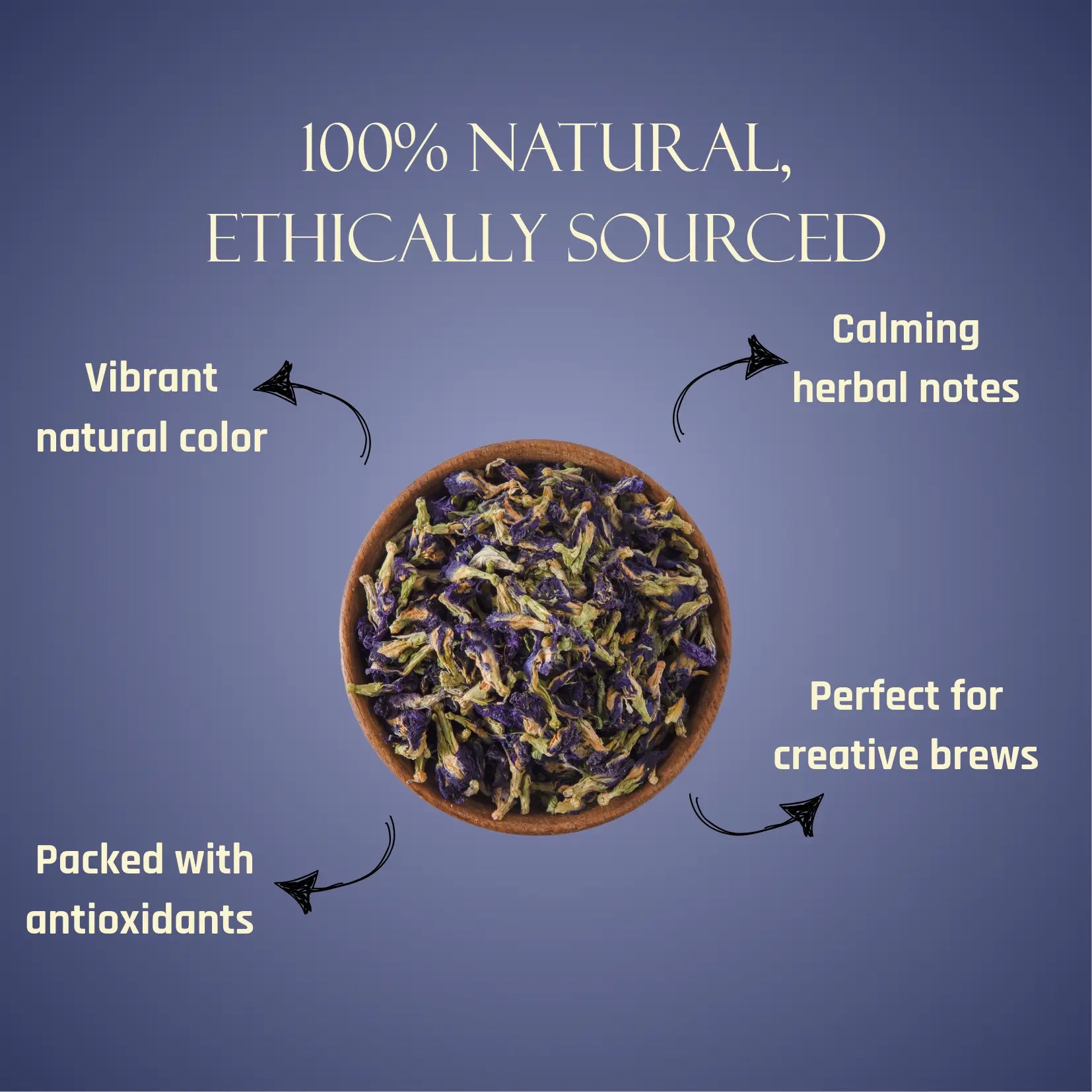
The Global Appeal of Hibiscus Tea: A Cultural and Health Perspective

Hibiscus tea, a deep crimson infusion made from the dried calyces of the roselle plant (Hibiscus sabdariffa), has been enjoyed for centuries across continents. Known for its tart flavor and vibrant color, hibiscus tea is not only a popular beverage but also a part of traditional medicine and cultural rituals. Let’s explore how different regions consume and celebrate this unique herbal drink.
Hibiscus Tea in Africa
The roselle hibiscus, the primary ingredient in hibiscus tea, is believed to have originated in Africa. Today, dried hibiscus flowers are widely available in West and East African markets, where they are used to prepare regional variations of the tea.
West Africa: Bissap, Sobolo, and Zobo
-
In Senegal, hibiscus tea is known as bissap and is often called the “national drink of Senegal.” It is frequently flavored with mint or ginger.
-
In Ghana, the beverage is known as sobolo, while in Nigeria, it is called zobo. These versions are often enhanced with cloves, pineapple, and spices for a rich, aromatic drink.
North Africa: Karkadé in Egypt and Sudan
-
In Egypt and Sudan, karkadé is a beloved drink served hot or chilled. It is a staple at wedding celebrations and is widely sold by street vendors and open-air cafés.
-
Sudanese folk medicine incorporates karkadé for its potential benefits in lowering blood pressure and boosting the immune system.
Hibiscus Tea in the Americas
Hibiscus tea has also become deeply ingrained in the culinary traditions of Latin America and the Caribbean.
Mexico and Central America: Agua de Jamaica
-
In Mexico, agua de flor de Jamaica is a popular agua fresca (fresh beverage) enjoyed both in households and street markets.
-
The drink is prepared by steeping dried hibiscus calyces in boiling water, then straining and sweetening the liquid before serving it chilled.
-
In Jamaica, the beverage is a Christmas tradition, typically paired with fruitcake or sweet potato pudding.
Caribbean: Sorrel for Festive Occasions
-
In the Caribbean, the drink is commonly referred to as sorrel and is an essential part of Christmas celebrations.
-
The preparation often includes spices such as cinnamon, cloves, and nutmeg, adding a rich, festive flavor.
-
In Panama, both the flowers and the drink are known as saril, and the beverage is traditionally consumed during Christmas and Chinese New Year.
United States: A Connection to Soul Food
-
In American soul food cuisine, hibiscus tea falls into the category of “red drinks,” which have historical ties to West Africa and are often served at African-American social gatherings.
Hibiscus Tea in Southeast Asia
-
In Thailand, roselle tea is commonly sold as a sweetened iced beverage, similar to fruit juice.
-
In Malaysia, Cambodia, and Indonesia, hibiscus tea is enjoyed both as a refreshing drink and for its purported health benefits.
Hibiscus Tea in Europe
-
In Italy, hibiscus tea, known as carcadè or karkadè, became popular during trade sanctions in the early 20th century and is still consumed hot with sugar and citrus.
-
Across Europe, hibiscus is a common ingredient in herbal tea blends, often combined with rose hips or malva flowers for enhanced color and flavor.
Health Benefits of Hibiscus Tea
Modern research has highlighted numerous potential health benefits of hibiscus tea, making it a sought-after beverage for wellness enthusiasts worldwide.
1. Supports Heart Health
-
Studies suggest that hibiscus tea can help lower high blood pressure and cholesterol levels, reducing the risk of cardiovascular disease.
2. Boosts Immunity
-
Rich in vitamin C and antioxidants, hibiscus tea supports immune function and may help the body fight infections.
3. Aids in Digestion and Weight Management
-
Hibiscus has natural diuretic properties, promoting kidney function and digestion.
-
Some studies indicate that hibiscus may aid in weight loss by reducing fat accumulation.
4. Antimicrobial and Anti-Inflammatory Properties
-
Laboratory research has shown that hibiscus extract may have antibacterial effects against certain harmful bacteria, such as E. coli.
5. Potential Liver Protection
-
Some research suggests hibiscus may help support liver health, though high doses should be approached with caution.
Conclusion
Hibiscus tea is more than just a refreshing beverage—it is a drink steeped in tradition, culture, and health benefits. From the bustling markets of West Africa to the festive tables of the Caribbean and the herbal blends of Europe, hibiscus tea continues to captivate the taste buds and wellness seekers alike.
Whether enjoyed hot or cold, spiced or sweetened, hibiscus tea remains a global favorite, offering a perfect balance of flavor, history, and health.
Try a cup today and experience the cultural richness and natural benefits of this vibrant, ruby-red elixir!
